 Time:2024-12-20
Time:2024-12-20
 Source:
Source:
With the rapid advancement of urbanisation, economic development and per capita income levels, as well as the upgrading of consumption patterns, the amount of municipal domestic waste generated in China continues to be high. According to the ‘China Domestic Waste Disposal Market Research and Prospect Trend Report 2025-2031’ by China Industry Research Report, China's domestic waste generation increased to 271.19 million tonnes in 2024, up 6.39% from the previous year.
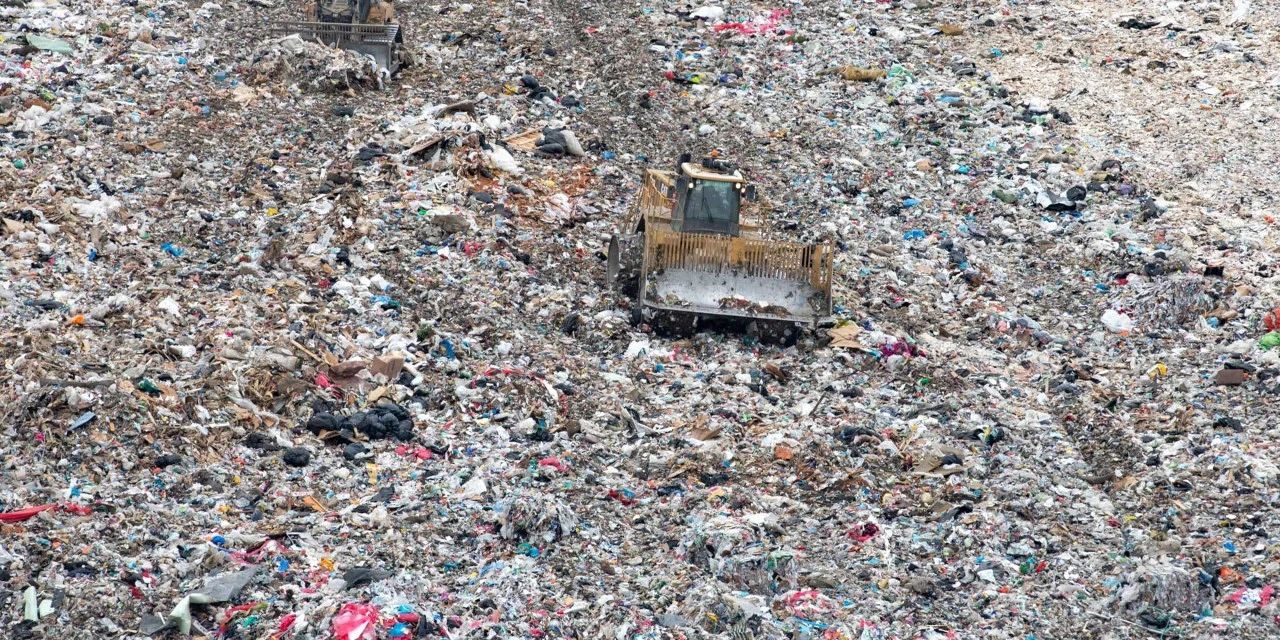
Domestic Waste Disposal Problem Points
Domestic waste is huge in quantity, but at the same time, it is also diverse and complex in composition, mainly including food waste, recyclables, non-recyclables and hazardous waste. Although recyclables have a considerable reuse value, the purity and quality of the sorted resource products are low due to the mixing of wet and dry components and serious adhesion.
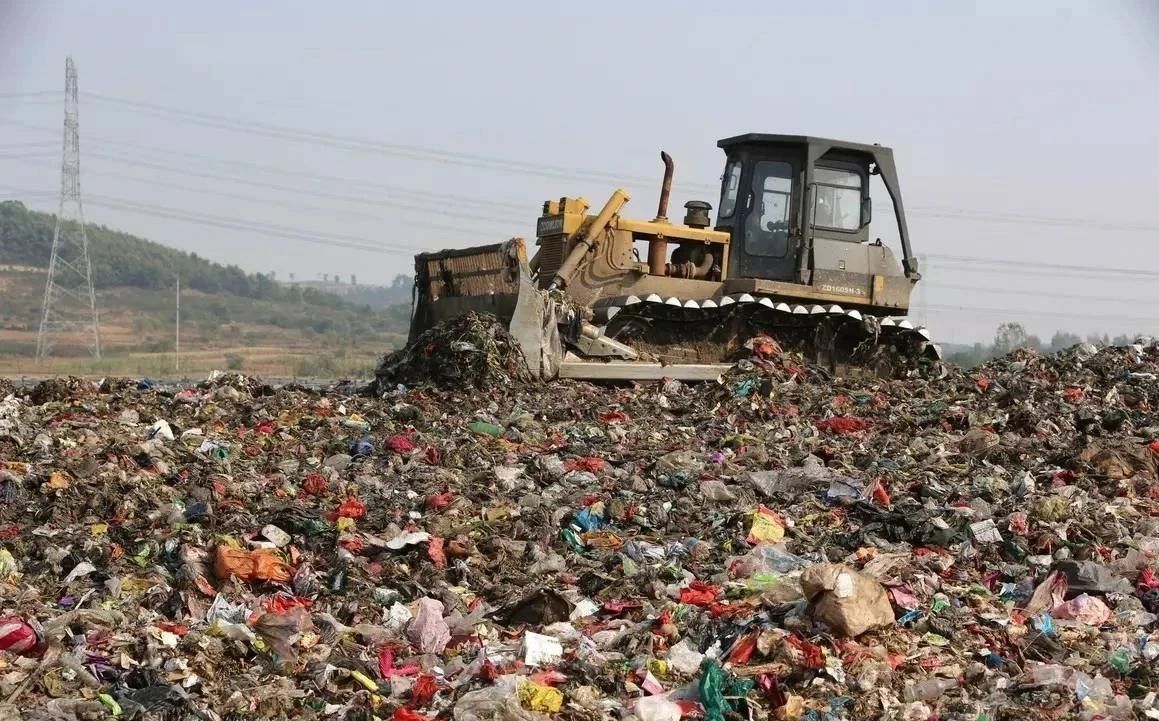
At the same time, the current recycling and sorting systems in some cities are still at a preliminary stage, with fewer waste-sorting facilities and professional recycling companies, resulting in a large amount of waste with recycling value being wasted. For example, items that should be recycled, such as paper, plastics and metals, often end up in landfills or incinerators because of inaccurate sorting and poor recycling channels.
For urban mixed domestic waste, at present, China mainly adopts incineration for waste reduction, however, the higher the water content in the waste, the temperature of waste incineration is difficult to increase, on the one hand, increasing the cost of electricity for waste incineration, on the other hand, it is easy to produce dioxin, causing serious environmental pollution problems.
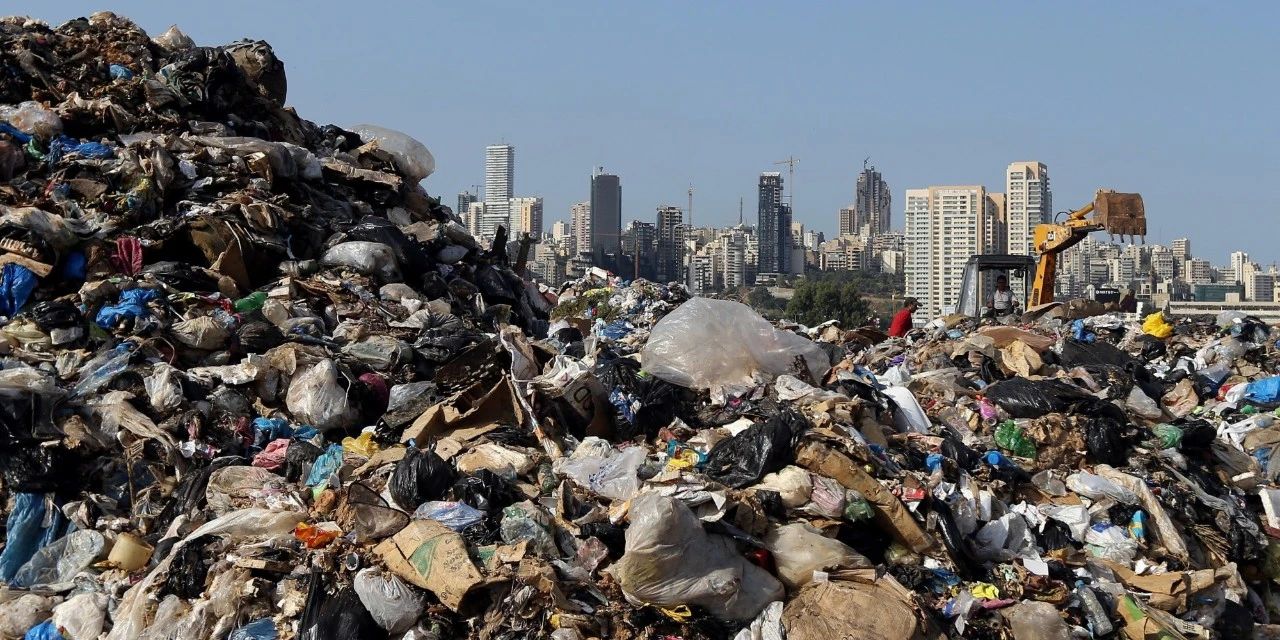
Finding Solutions Solving Problems
How can we minimise the environmental pollution caused by domestic waste, and at the same time increase the resource and economic value of waste, so as to make the best use of it? China's National Development and Reform Commission's ‘14th Five-Year Plan’ for the Development of Urban Living Waste Classification and Disposal Facilities points out that accelerating the construction of living waste classification and disposal facilities, and upgrading the level of living waste classification and disposal in the whole society is an effective measure to improve the ecological environment of the cities and towns and safeguard people's health, and it is important for the promotion of the construction of ecological civilisation to achieve new progress, It is an effective measure to improve the ecological environment of cities and towns and protect people's health, and is of great significance in promoting new progress in the construction of ecological civilisation and new improvement in the degree of social civilisation.
It can be seen that the solution to the problem of domestic waste is, on the one hand, to steadily promote the classification of domestic waste, standardise the way in which waste is classified and put out, and raise the proportion of recyclables put out separately. It is also necessary to actively promote such proven modes of waste separation and disposal as the removal of barrels and the construction of stations, timed disposal and supervision and guidance, so as to enhance the effectiveness of the separation and disposal of domestic waste.
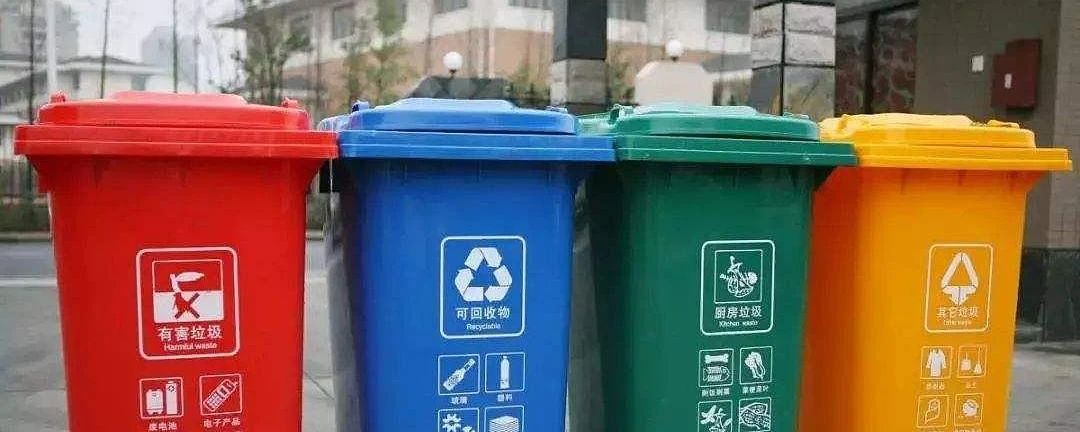
On the other hand, co-ordinated planning and construction of recyclables collection and distribution sites and sorting and processing centres have been carried out to promote the recovery and recycling of recyclables. The sorting and processing centres will introduce professional sorting equipment and pre-processing facilities to classify and pack recyclables by means of manual, mechanical and intelligent robots, so as to achieve fine sorting and full-category recycling.
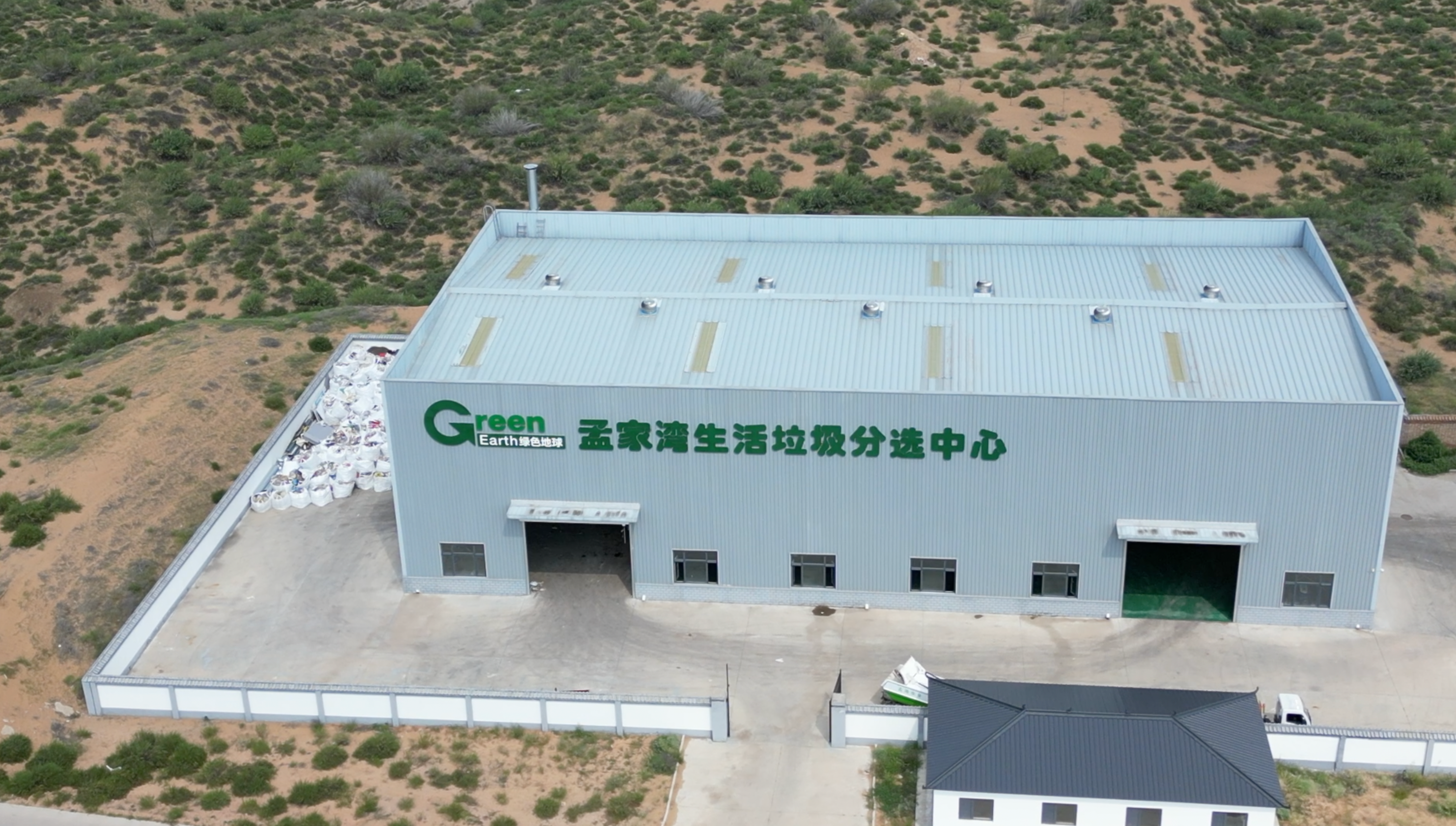
Qinglv Solutions Fine Sorting
In response to the national strategy, Qinglv Environment has developed a series of sorting processes and equipment to provide customers with a tailor-made solution for green sorting centres for mixed domestic waste. The core value of the solution is to achieve multi-stage fine screening with less equipment and lower energy consumption to ensure the purity of sorting and reduce operating costs.
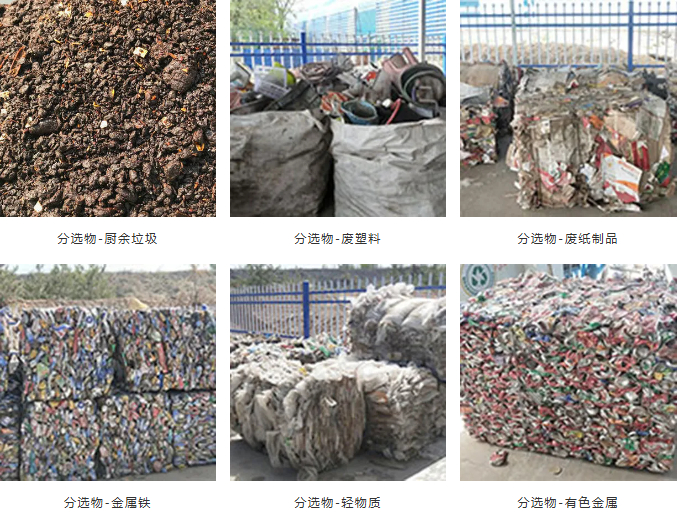
1. Food waste: Waste can be converted into high-quality organic fertiliser and nutrient soil through composting; anaerobic fermentation treatment can produce biogas for power generation, heating or gas applications.
2. Waste paper products: through reprocessing to produce recycled paper, it reduces the demand for timber resources, and at the same time reduces landfill and incineration, lowering the environmental burden of waste disposal.
3. Metallic iron: can be directly smelted and reprocessed to be reintroduced into production lines. By recycling iron, it is possible to reduce the extraction of mineral resources and lower energy consumption.
4. Various types of waste plastics: can be subdivided into PET, PE, PVC and other materials for recycling, through recycling, cleaning, reprocessing into new products, part of the plastic can be converted into oil through pyrolysis technology.
5. Copper and Aluminium Non-Ferrous Metals: Non-ferrous metals such as copper and aluminium are of high recycling value, copper is particularly used in the power and electronics industries and aluminium is widely used in the aerospace and construction industries. Recycling these metals avoids the need for costly mineral extraction and smelting processes.
6. Light materials: can be crushed into RDF and SRF fuels, directly realising the economic value of their recyclability.
The whole line system of the programme is highly automated and intelligent, and the equipment process and performance are designed according to the characteristics of domestic waste, so that it is fearless of wet rubbish, not easy to be clogged, and the maintenance cost is lower in the later stage. Take the eighth generation 3D sorter developed by Qinglv as an example, it can design different trajectories and angles of the sieve plate according to different material characteristics, and can accurately separate 3D materials (plastics, tetra-packs, aluminium, fabrics, etc.), 2D materials (film, paper, fibres, etc.) and sub-screen materials (food residues, fine soil).
The solution also includes the AI Light Sorting Robot, a multi-functional intelligent sorting device capable of handling large volumes and complex sorting needs, as well as the AI Sorting Robot, which boasts an ultra-high sorting speed of 5,400 sortings/hour. With industry-leading AI visual recognition technology and the robot's AI visual recognition, autonomous learning and big data analysis systems, designated recyclables can be sorted out and recycled more accurately and efficiently.
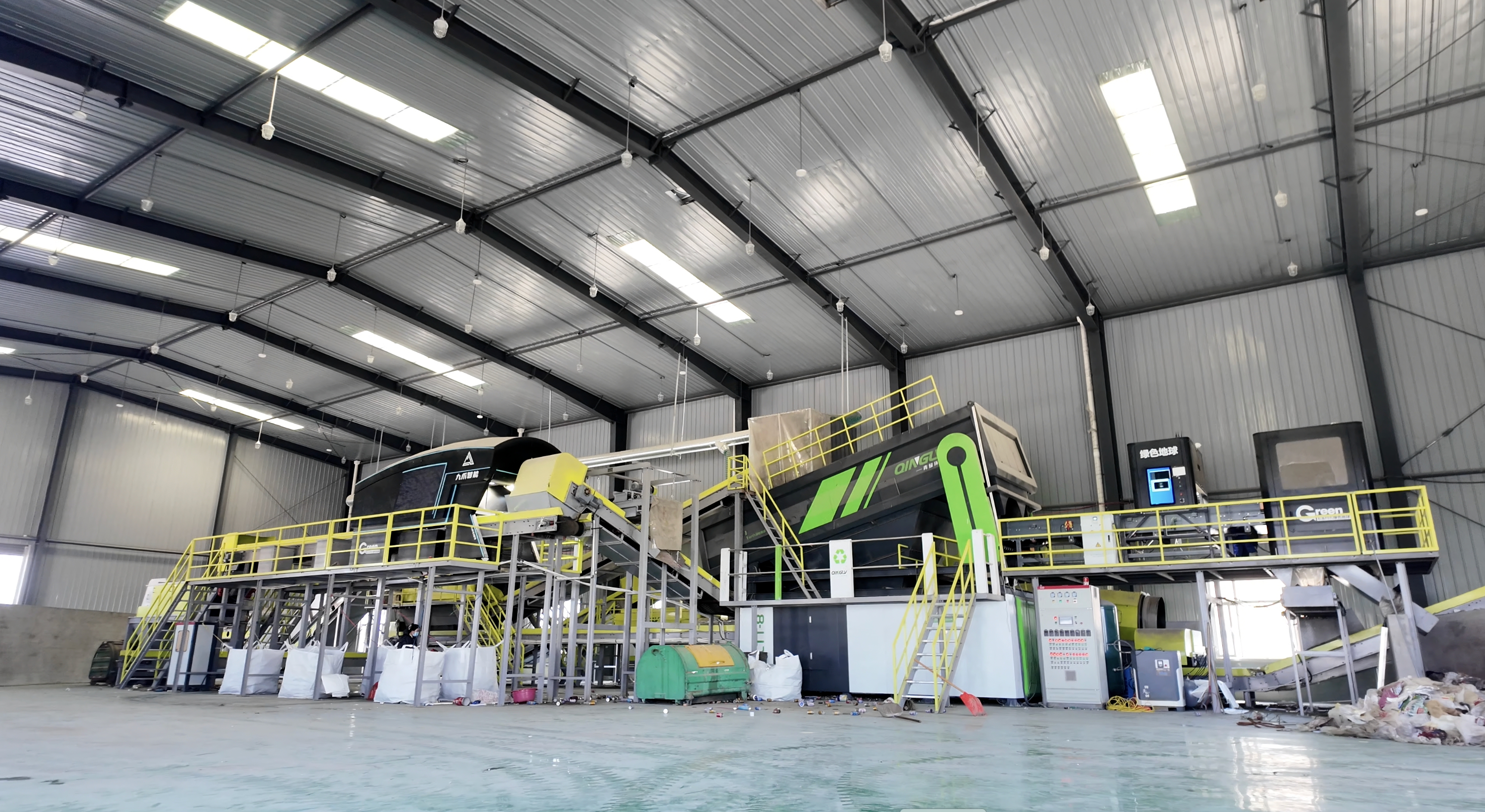
Promote the implementation of high-level protection of the ecological environment and comprehensively improve the efficiency of resource use. At present, China's domestic waste classification and treatment facilities construction is entering a critical period, Qinglv environment will always adhere to the innovation-driven, is committed to the leading technology through the rubbish sorting programme, to create value for customers, with all parties to work together to achieve waste reduction, resource utilization, harmless treatment to provide adherence to the basic guarantee, and jointly contribute to the construction of a beautiful China wisdom and strength.














 Prev
Prev